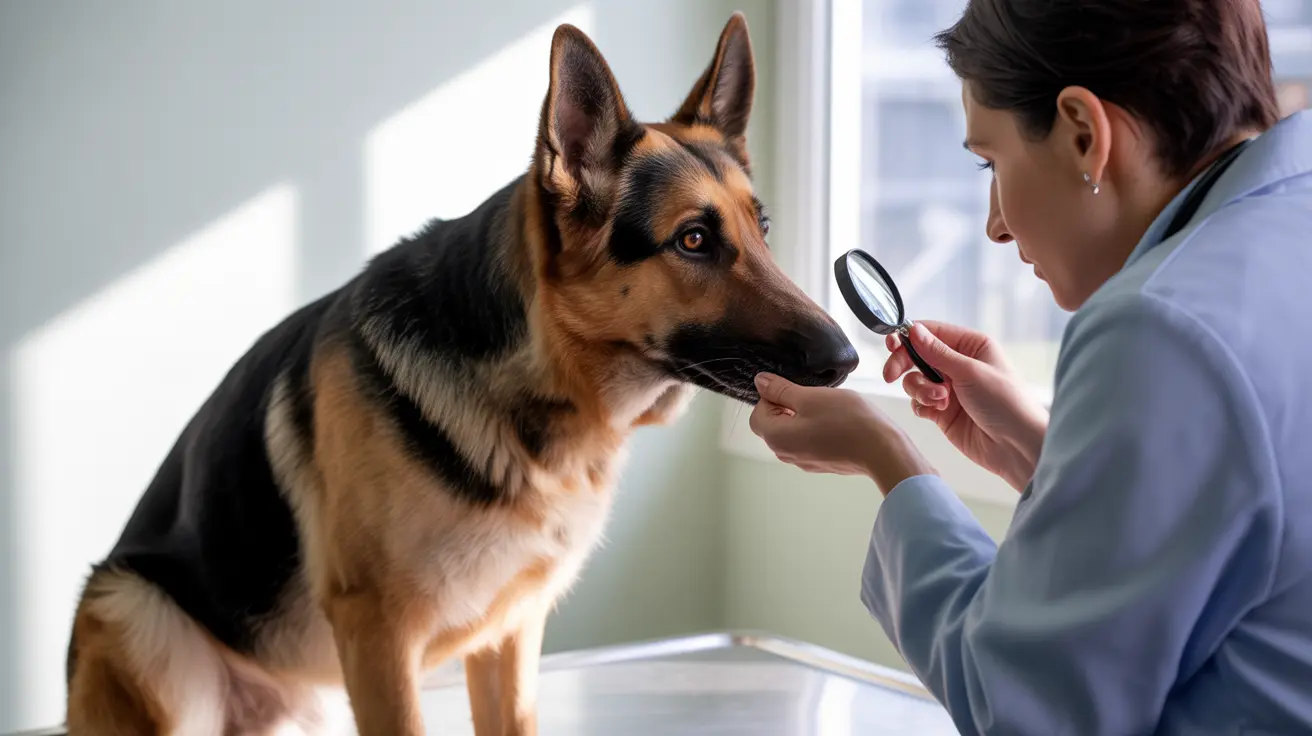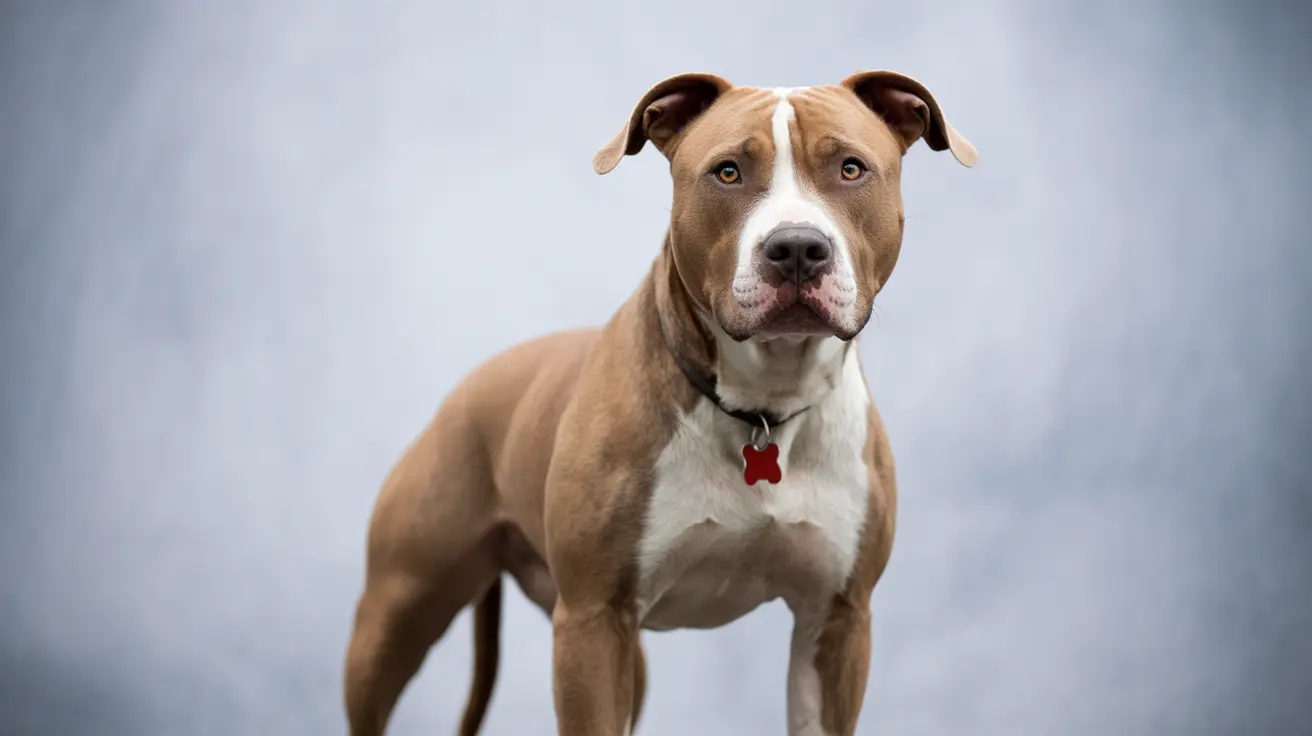If you've noticed your dog losing hair on their nose, you're likely concerned about what could be causing this unusual symptom. Hair loss on a dog's nose, also known as nasal alopecia, can range from a minor cosmetic issue to a sign of serious underlying health conditions. Understanding the cause is crucial for proper treatment and your pet's well-being.
In this comprehensive guide, we'll explore the various reasons behind nasal hair loss in dogs, how to identify potential causes, and what treatments are available to help your furry friend.
Common Causes of Nasal Hair Loss in Dogs
Physical Trauma and Environmental Factors
One of the most straightforward causes of nose hair loss is physical trauma or repeated friction. Dogs who frequently rub their noses against kennel bars, fences, or rough surfaces may gradually wear away the hair. This behavior might be due to anxiety, boredom, or attempts to reach something interesting outside their enclosure.
Infections and Parasites
Both bacterial and fungal infections can lead to hair loss around the nose. These conditions often present with additional symptoms like redness, crusting, or discharge. Parasites such as demodex or sarcoptic mange mites can also cause hair loss and irritation in the nasal area.
Autoimmune and Systemic Conditions
Autoimmune Diseases
Several autoimmune conditions can cause nasal hair loss, with pemphigus foliaceus being one of the most common. These conditions occur when the immune system mistakenly attacks the dog's own tissues, leading to hair loss, ulceration, and other skin changes.
Hormonal Imbalances
Endocrine disorders like Cushing's disease or hypothyroidism can cause systemic hair loss, including the nasal area. These conditions typically show other symptoms throughout the body and require comprehensive veterinary care.
Diagnosis and Treatment Options
Your veterinarian will likely perform a thorough physical examination and may recommend several diagnostic tests to determine the underlying cause. These might include skin scrapings, blood tests, or biopsies depending on the suspected condition.
Treatment approaches vary based on the diagnosis but may include:
- Topical medications for local infections or irritation
- Systemic antibiotics or antifungals for infections
- Immunosuppressive drugs for autoimmune conditions
- Environmental modifications to prevent trauma
- Nutritional supplements for deficiencies
Prevention and Home Care
While not all causes of nasal hair loss are preventable, there are several steps you can take to protect your dog:
- Regular grooming and skin inspection
- Using appropriate sun protection for light-colored dogs
- Providing adequate mental stimulation to prevent compulsive behaviors
- Maintaining a balanced, nutritious diet
- Regular veterinary check-ups
Frequently Asked Questions
What are the common causes of a dog losing hair on its nose?
The most common causes include trauma, infections, autoimmune diseases, allergies, and hormonal conditions. Environmental factors and nutritional deficiencies can also contribute to nasal hair loss.
How can I tell if my dog's nose hair loss is due to an infection or an autoimmune disease?
Infections typically present with redness, discharge, and possible odor, while autoimmune conditions often show symmetrical hair loss with scaling or ulceration. However, only a veterinarian can make a definitive diagnosis through proper testing.
What treatments are available for dogs experiencing hair loss on their nose?
Treatments vary based on the underlying cause and may include topical medications, oral antibiotics, immunosuppressive drugs, or lifestyle changes. Your veterinarian will determine the most appropriate treatment plan.
Are certain dog breeds more likely to lose hair on their nose, and why?
Yes, certain breeds like German Shepherds, Huskies, and Collies are more predisposed to conditions causing nasal hair loss due to genetic factors and breed-specific characteristics.
When should I take my dog to the vet for hair loss on the nose?
Seek veterinary care if the hair loss is progressive, accompanied by other symptoms like redness or irritation, or if your dog appears uncomfortable. Early intervention often leads to better outcomes.
Remember, while some causes of nasal hair loss may be benign, others can indicate serious health issues. When in doubt, always consult with your veterinarian for proper diagnosis and treatment.






